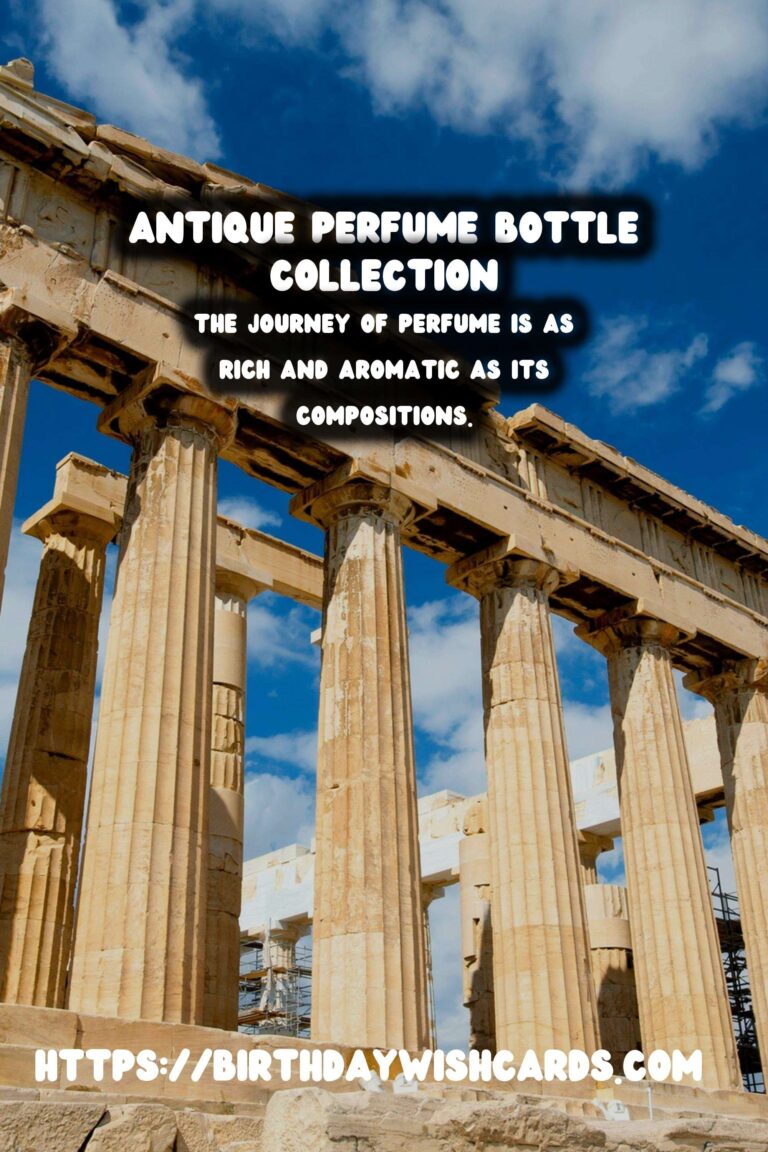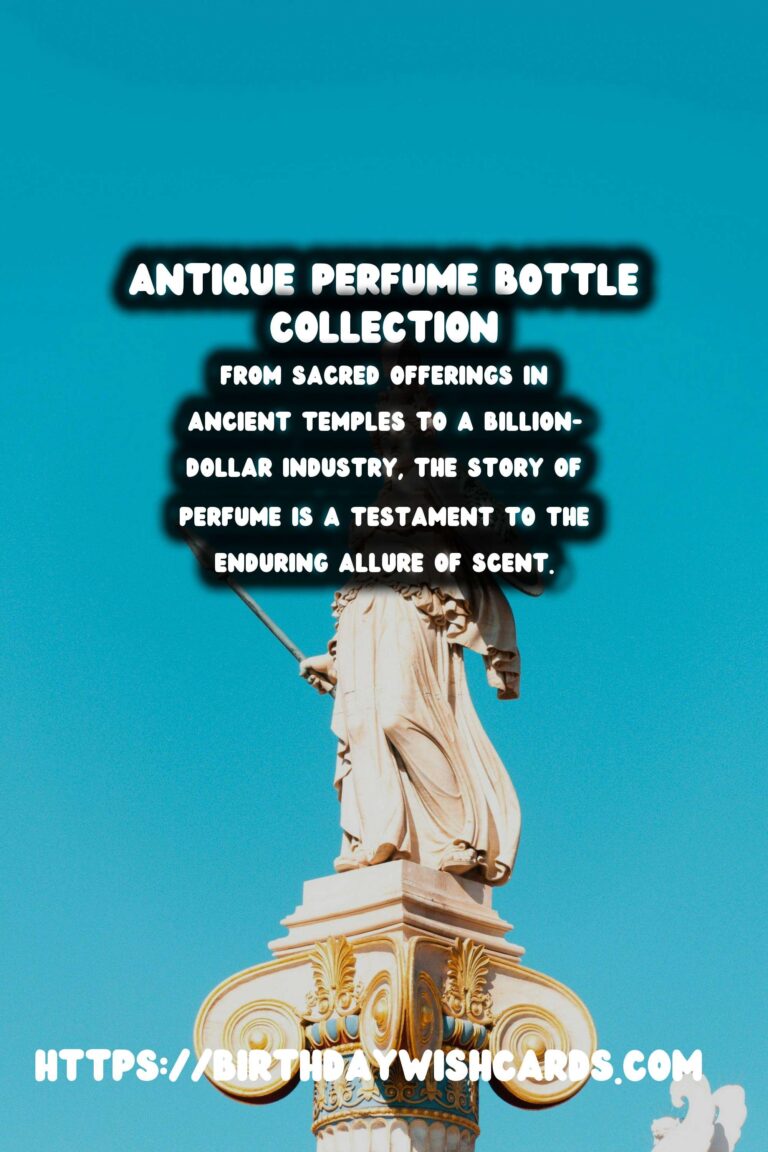
The journey of perfume is as rich and aromatic as its compositions. From the ancient rituals of early civilizations to the sophisticated fragrances crafted by today’s luxury brands, perfumes have played a significant role in society and culture, impacting how we perceive and present ourselves.
Perfumes in Ancient Civilizations
The history of perfume stretches back to the earliest human civilizations. In ancient Egypt, incense and enfluerage (a fat-based process to capture floral essences) were employed, with perfumes being a vital part of sacrificial ceremonies and daily life. Egyptians believed that pleasing fragrances would appease their deities, thus, fragrance was essential for religious practices.
Similarly, in Mesopotamia, aromatic oils were used for religious rituals, balancing the cosmic connection between humans and their gods. Perfume was considered magical, capable of sanctifying and enhancing the wearer’s spirituality.
Perfume in the Classical World
As culture spread, so too did the art of perfumery. The Greeks and Romans adopted and adapted the art, entwining it with their notions of luxury and beauty. Women and men alike doused themselves in scented oils, which were a symbol of status and refinement.
The Greeks contributed significantly to perfume with their expansion of trade networks, ensuring that exotic spices and oils reached Mediterranean markets. Their love for fragrant oils is well-documented, with mentions in various ancient texts describing the infusion of oils with herbs, flowers, and spices.
The Renaissance and Evolution of Perfume
With the fall of the Roman Empire, the knowledge of perfumery was preserved primarily in the Arab world, where alchemists explored the science of fragrance, producing sophisticated blends. This knowledge returned to Europe with the Renaissance, sparking a nuovo rinascimento in the art of scent.
In the 14th century, Hungary Water became Europe’s first alcohol-based perfume, commissioned for Queen Elisabeth of Hungary. This era saw a boom in perfumery, with the development of more complex scents that were lauded across royal courts throughout Europe.
The Modern Age of Perfume
The 19th century heralded a new era of fragrance, driven by scientific advancement and industrialization. Perfume became more accessible, transitioning from a luxury item into a staple of the modern lifestyle. This period marked the birth of iconic perfume houses such as Guerlain and Chanel, which leveraged synthetic ingredients to craft more varied and stable scents.
Today, the perfume industry is an amalgamation of art and science, where tradition meets innovation. Modern perfumers create signature scents that capture personality, memory, and emotion, reflecting the diversity and dynamism of contemporary society.
Conclusion
From sacred offerings in ancient temples to a billion-dollar industry, the story of perfume is a testament to the enduring allure of scent. It underscores the human desire to enhance personal allure, celebrate life, and engage in the ritualistic pleasures of fragrance. As technology advances, the world of perfume will continue to grow, bringing new olfactory experiences to generations to come.
The journey of perfume is as rich and aromatic as its compositions. From sacred offerings in ancient temples to a billion-dollar industry, the story of perfume is a testament to the enduring allure of scent.
#PerfumeHistory #FragranceJourney

